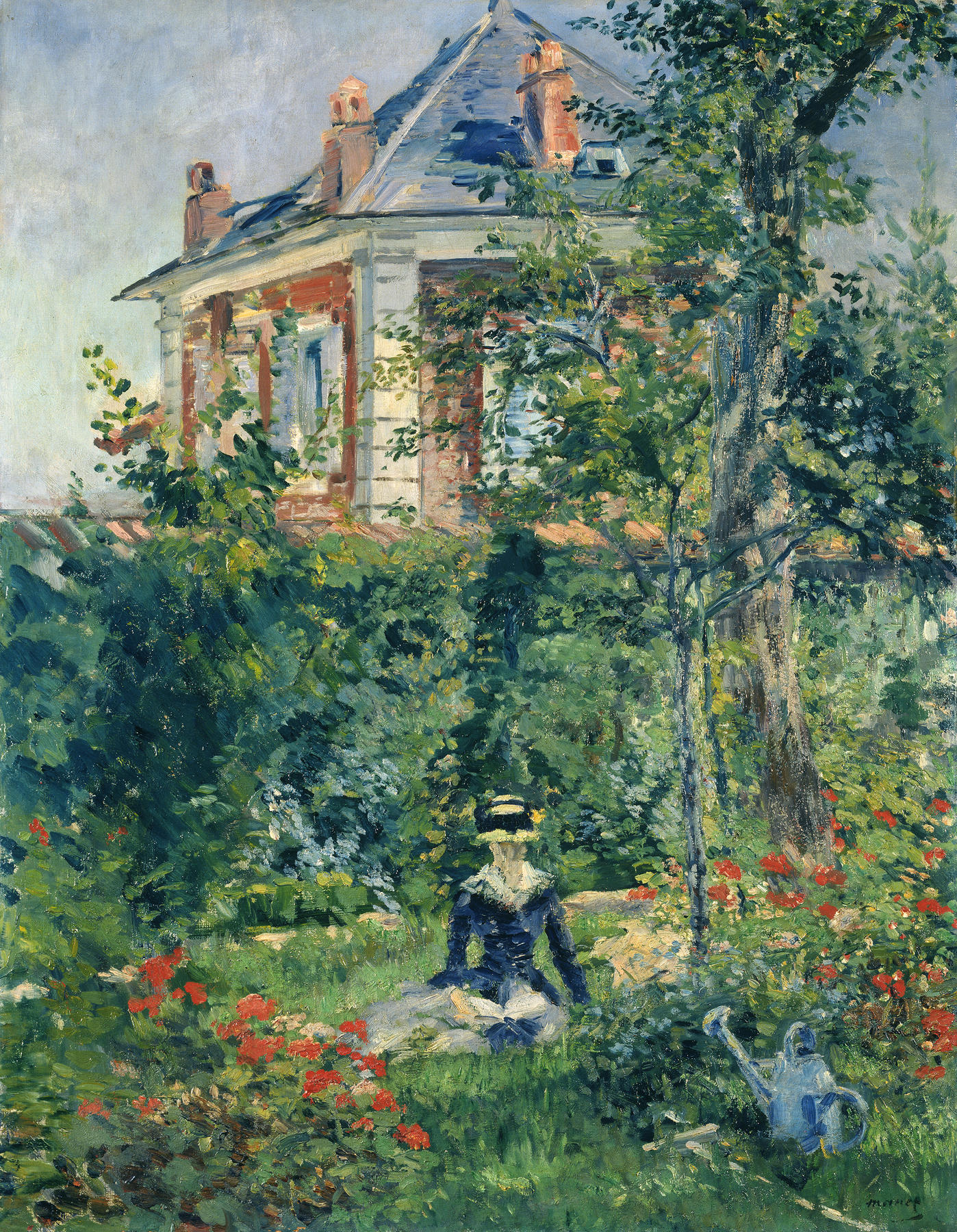Very early in my life it was too late.
— The Lover, Marguerite Duras

The reason most people find healing so hard is that they’ve had so little help, so little guidance, and so little information. Emotional recovery can be, and should be, a joyous journey. People who get the right pieces in place find that:
If you’re still alive, there’s still time. You can gain back a vibrant, connected, satisfying life. Pain, anxiety, and isolation do not need to dominate.
— The Joyous Recovery, Lundy Bancroft

Is not a child of God worth patience? I have shown you infinite patience because my will is that of our Father, from Whom I learned of infinite patience. His voice was in me as It is in you, speaking for patience towards the Sonship in the Name of its Creator.
Now you must learn that only infinite patience produces immediate effects. This is the way in which time is exchanged for eternity. Infinite patience calls upon infinite love, and by producing results now it renders time unnecessary.
— A Course in Miracles

Aesop’s The Farmer and the Viper
A Farmer walked through his field one cold winter morning. On the ground lay a Snake, stiff and frozen with the cold. The Farmer knew how deadly the Snake could be, and yet he picked it up and put it in his bosom to warm it back to life.
The Snake soon revived, and when it had enough strength, bit the man who had been so kind to it. The bite was deadly and the Farmer felt that he must die. As he drew his last breath, he said to those standing around:
Learn from my fate not to take pity on a scoundrel.

But are you ready for joy, really?
Are you ready to be the person who does not suffer from this compulsion? Who does not obsess about _______?
Who does not act against your own self-interest in such a pernicious way?
Are you ready to let go of not only the behavior of _______, but also the very consciousness of the person who _______?
Are you ready for _______ to no longer even be a big deal in your life?